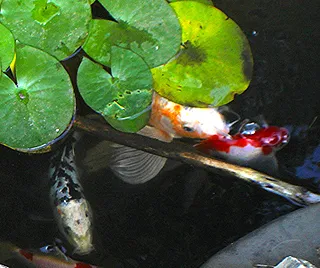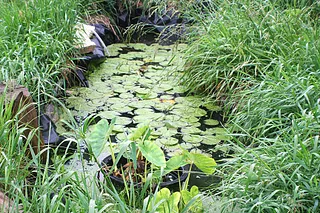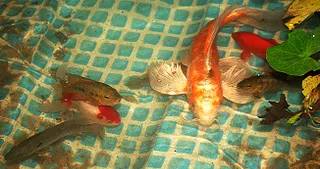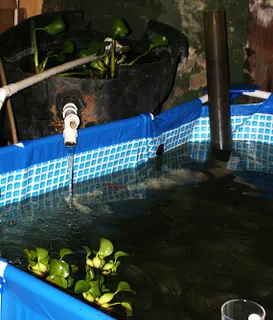So I'm located in the Cleveland Ohio area and if you don't know it gets pretty cold during the winter I have an above ground pond about a thousand gallons insulated bottom and insulated walls on the pond.
I have 10 koi anywhere from 5 in to 10 in in my basement right now since I just got them about 2 weeks ago.
My question really to all of you is what's your opinion on leaving koi outside during the winter?
I understand they should be fine but would you recommend it?
I filled the pond probably about 3 weeks ago and it had a steady temperature around 42°. I added a 300 watt heater for the heck of it so my filter and now it's consistently at 50° so I guess my last part to this post would be if I could keep it around 40° during the heart of the winter do you think I'll be okay just leaving them out there and of course not feeding them during that time.
Looking forward to all your opinions thank you very much!! Also I add some pics of the two bubo koi, I wouldn't mind hearing your opinions on their look as well thank you once again
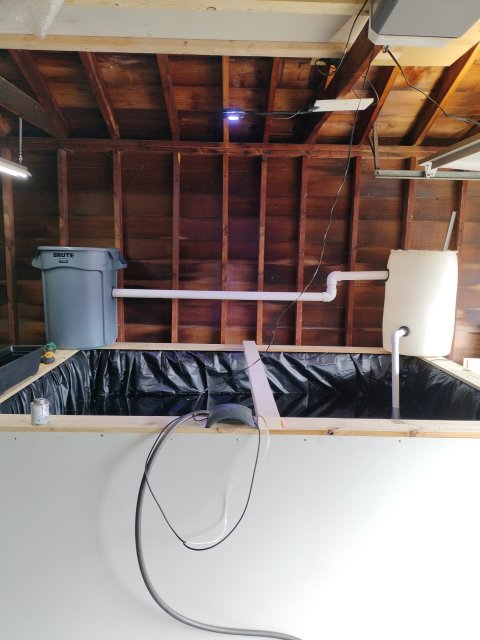
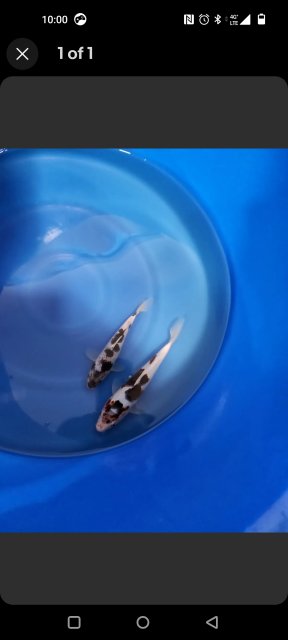
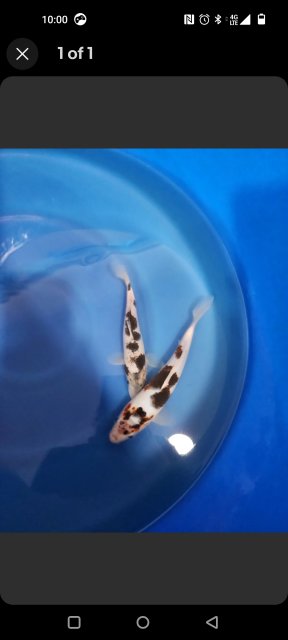
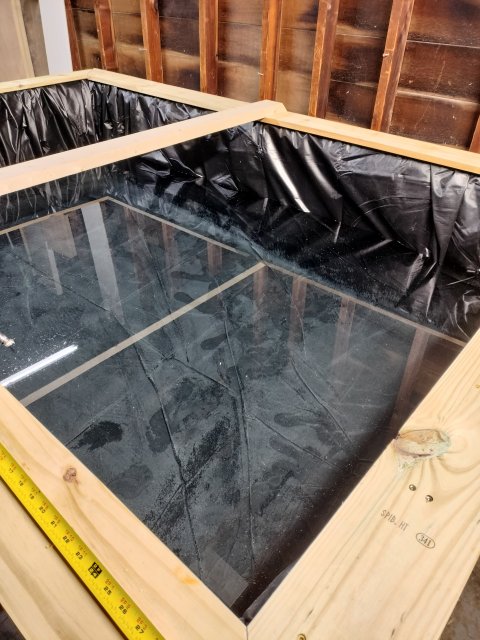
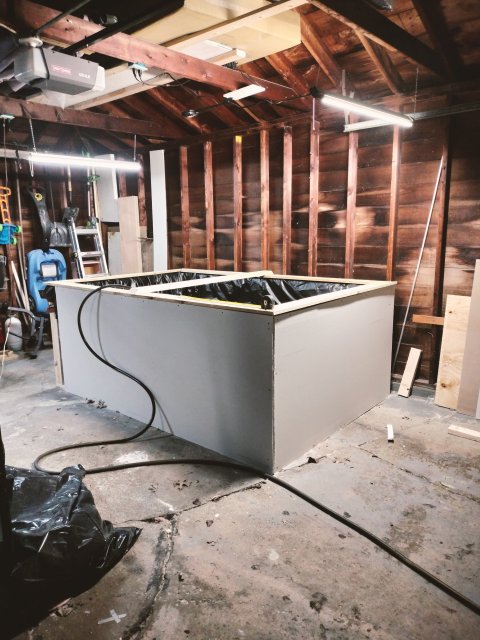
I have 10 koi anywhere from 5 in to 10 in in my basement right now since I just got them about 2 weeks ago.
My question really to all of you is what's your opinion on leaving koi outside during the winter?
I understand they should be fine but would you recommend it?
I filled the pond probably about 3 weeks ago and it had a steady temperature around 42°. I added a 300 watt heater for the heck of it so my filter and now it's consistently at 50° so I guess my last part to this post would be if I could keep it around 40° during the heart of the winter do you think I'll be okay just leaving them out there and of course not feeding them during that time.
Looking forward to all your opinions thank you very much!! Also I add some pics of the two bubo koi, I wouldn't mind hearing your opinions on their look as well thank you once again








